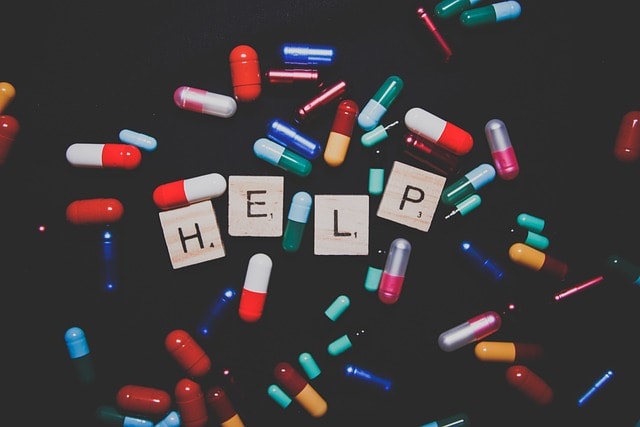Antidepressants promote antibiotic resistance
The five drugs most commonly prescribed for depression increase antibiotic resistance, say University of Queensland (UQ) researchers.

University of Queensland scientists find exceedingly dangerous side effects in the five drugs most commonly prescribed for depression. The five drugs most commonly prescribed for depression, sertraline (Zoloft), escitalopram (brand name Lexapro), bupropion (Welbutrin), duloxetine (Cymbalta) and agomelatine (Valdoxan), increase antibiotic resistance, say University of Queensland (UQ) researchers.
"While overuse of antibiotics is recognized as the main driver of bacterial resistance, we wanted to investigate whether other common drugs contribute to the problem," said Jianhua Guo of Australia's Center for Water, Environment and Biotechnology At UQ. "Sertraline, duloxetine, and fluoxetine had the strongest impact on bacterial resistance, even at very low doses."
This can affect a wide range of people, the researcher points out. In 2021, for example, around 42 million prescription antidepressants were administered in Australia alone. In Europe, between 8.8 and 14.8 percent of all people suffer from depression.
"Further studies need to assess the potential impact on the microbiomes of people given antidepressants, as well as their risk for gastrointestinal upset or disease," Guo advises.
Global measures needed
It is estimated that 1.27 million people die each year from infections that do not respond to drugs - and the number is expected to reach ten million per year in 2050 if no global action is taken. This includes, first and foremost, the development of new drugs against bacteria that have become resistant, such as phages. These are viruses that attack and destroy only dangerous bacteria.
Source: Press release









